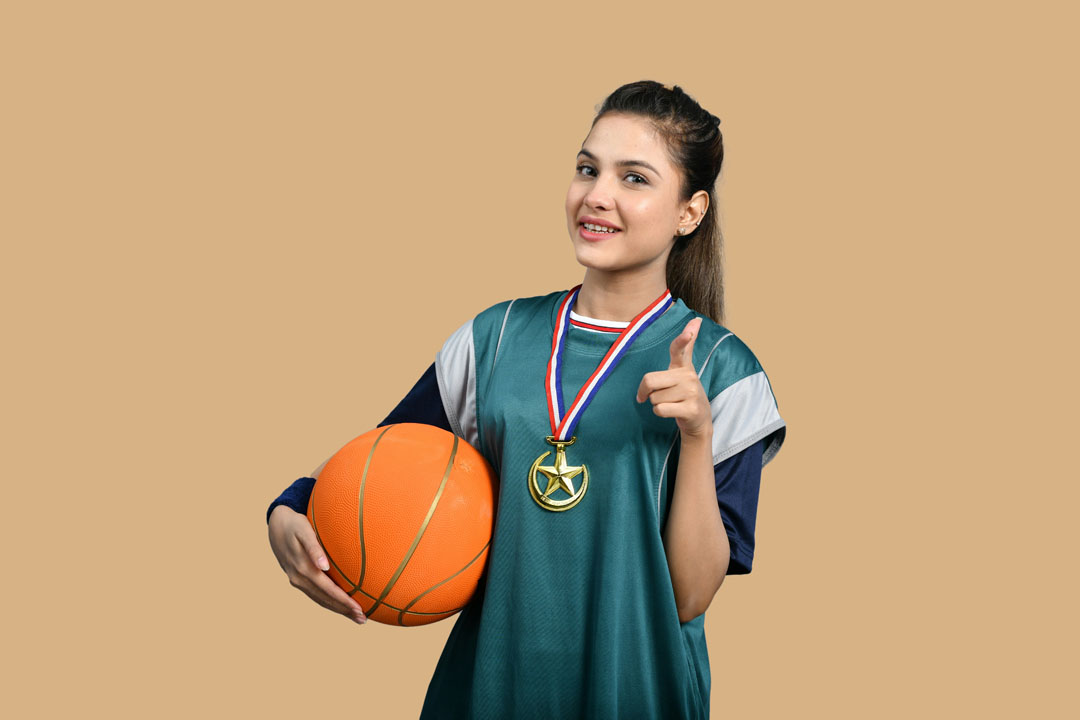Playing Sports Is Not Fun Anymore…What Happened?

A 17-year-old client recently said to me, “Playing sports isn’t fun anymore. I’m not sure it’s worth it.” Sadly, this isn’t the first time I’ve heard that this year. Many middle and high school athletes continue to show up for practices and games, but the joy-the spark that once made it all worthwhile-is gone. So, what exactly have we done to children’s athletics?
We’ve Taken the Fun Out of Sports.
When I listen to parents and kids talk about their spring and summer calendars, I rarely hear laughter, anticipation, or genuine excitement. Instead, I hear about stacked schedules, weekend-long tournaments, and the “need” for sports to boost a college application. At other times, there seems to be some tacit hope of a professional career when this is rarely a possibility.
And somewhere along the way, we lost one of the simplest truths: sports are supposed to be play. At their heart, playing sports were meant to bring joy, competition, skill, and fun together. Too often now, it feels like work and a ‘have to do’ part of life.
Quantity Over Quality.
The formula many parents and coaches follow is simple: more practice = better performance. More games, more drills, more repetition. But more is not always better. In fact, research across fields consistently shows that deliberate practice-focused, intentional work on areas of weakness-produces far greater improvement than endless repetition. Quantity without quality only drains enthusiasm and wears kids down. The love of the game fades when all they know is exhaustion.
Too Much Focus on Mistakes.
Spend time on the sidelines, and you’ll notice a pattern: criticism dominates. Coaches yell about errors. Parents critique from the stands or during the car ride home. Teammates even pile on frustrations. What’s the result? Even gifted athletes begin to lose confidence. Their identity gets tangled up in what went wrong rather than what’s going right. We know-because the research is overwhelming-that positive coaching produces better athletes. More importantly, it produces stronger, happier young people. Mistakes should be seen as stepping stones in the learning process, not evidence of failure.
Results Over Effort.
Too often, the spotlight falls solely on results: Who won? How many goals? What’s the record? But not every athlete scores the winning goal, and not every kid makes the highlight reel. Should their effort be ignored? Of course not. In fact, when we shift our focus to effort-to the daily persistence, the resilience, and the willingness to keep improving-children begin to thrive. And here’s the beauty: when effort is appreciated over outcomes, then results tend to follow naturally. Wins take care of themselves when the foundation is built on growth and persistence.
Looking forward…Rediscovering Joy in Sports.
If you’re talking with your child about sports this summer, pay attention to the tone. Do your conversations feel heavy, pressured, or joyless? Or do they reflect fun, lightness, and genuine admiration for the process? The truth is, sports offer so many ways to rediscover joy: the joy of doing your best, regardless of the scoreboard; the joy of learning, of getting just a little better each day; the joy of play itself, the simple act of moving, running, hitting, or scoring; and the joy of friendship, laughing and working together with teammates who share the journey. These are the treasures of athletics. And when parents, coaches, and athletes keep these in sight, sports become more than a grind-they become a source of growth, confidence, and deep satisfaction.
How Improvement Can be Fun and Rewarding.
For many athletes, the greatest challenge isn’t physical-it’s mental. Pressure, anxiety, self-doubt, and overthinking can sabotage performance. Sport performance coaching can be a huge help. It’s also where technology like heart rate variability breathing and neurofeedback comes in. Heart rate variability training can help calm the overactive arousal in the body. Neurofeedback helps the brain to self-regulate, and athletes learn to naturally stay calm under pressure, recover from mistakes more quickly, and sustain focus. These are just two examples of how technology can help children and athletes thrive.
Final Thought: Regardless of the approach, the goal is to reduce the anxious edge that can make sports feel like a burden instead of a joy. In essence, we want to give athletes the ability to perform better without losing themselves in stress or fear. When the brain finds balance, athletes don’t just play harder-they play freer. They rediscover the thrill of competing, the joy of being with teammates, and the satisfaction of giving their best. This is the secret that keeps kids in the game long after the trophies gather dust: the joy of playing for the love of it.
Sports were never meant to be a job. They were meant to be a celebration of skill, effort, and teamwork. If we, as parents and coaches, can bring the joy back—by valuing effort, encouraging growth, and keeping perspective-we will not only create better athletes, but healthier, happier young people.




